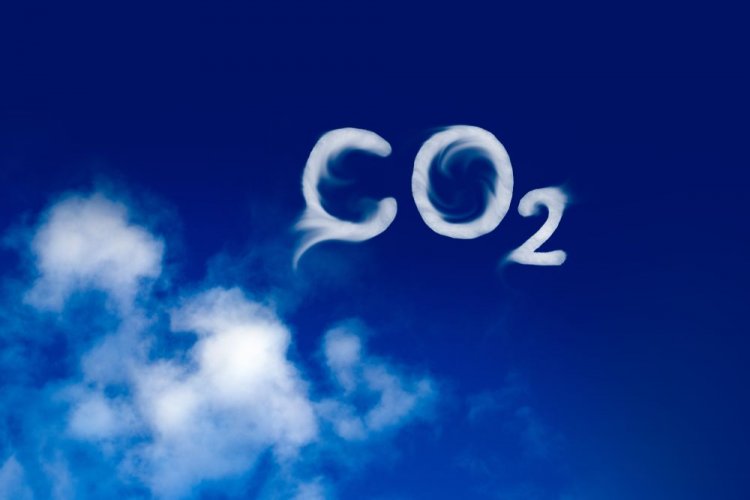Specialists of the Deloitte audit and consulting services group called on Chinese importers whose products will be covered by the European CBAM (carbon border adjustment mechanism) to conduct an assessment of carbon emissions.
This is necessary to fulfill reporting obligations, reports Deloitte.
It is planned that CBAM will start its work on January 1, 2023, and will cover 5 sectors:
- cement;
- steel;
- electricity;
- aluminum;
- fertilizers.
In addition, the European Parliament plans to eventually extend CBAM to organic chemicals, plastics, hydrogen and ammonia, as well as to include indirect emissions (emissions from electricity used during the manufacturing process).
The material explained that CBAM is designed to level the playing field between EU industries and importers and reduce the risk of carbon leakage (transfer of production to countries with less stringent climate norms). Importers pay a carbon price equivalent to what they would have paid if the goods had been produced under the rules of the EU ETS emissions trading scheme. There is a similar ETS system in China.
However, if importers can prove that the carbon price has already been paid, then this amount can be deducted from the CBAM levy. The mechanism is also planned to be introduced in such economies as USA, Great Britain and Canada. In addition, CBAM may be implemented in China, South Korea, Japan and South Africa.
“It is recommended to conduct an assessment of the carbon in the affected products; together with the creation of responsible CBAM business functions and an emissions calculation system embedded in the production of the affected products, taking into account the supply chain, so that reporting obligations can be met. It should also include (where possible) indirect emissions created during the production process of these products," the material emphasized.
China ranks 2nd (after russia) in terms of the number of imports covered by the CBAM. This represents less than 2% of China's exports to the EU, or €6.5 billion in 2019. The impact may become more significant if the scope of covered products expands.
Although the cost of CBAM is currently relatively small and can be secured through price increases, it creates a number of opportunities for low-carbon producers. For example, steelmaking technologies in China such as direct iron recovery (DRI) could profit from CBAM, while high-carbon technologies such as blast oxygen furnace (BF-BOF), which are more common, are likely to will face additional costs for CBAM.
The paper noted that efficient low-carbon manufacturers may prefer to base the level of embedded emissions in their products on actual emission levels rather than using the proposed default values. This must be confirmed by an accredited verifier. For this reason, production facilities may require registration in a central EU database. For goods produced at these registered facilities, the importer may use the verified information disclosed to him to fulfill his verification obligations. This can be used by importers for their declarations for five years.
Verifiers already accredited under the EU ETS will be considered accredited verifiers under the CBAM. National accreditation bodies in EU member states may accredit additional verifiers after verifying their ability to perform CBAM inspections.
Earlier, EcoPolitic wrote, that on June 22, European Parliament supported the introduction of CBAM on a repeat vote.
As EcoPolitic previously reported, the British Government undertook to hold consultations on the proposals of the Environmental Audit Committee on implementation of internal CBAM to tackle carbon leakage.





